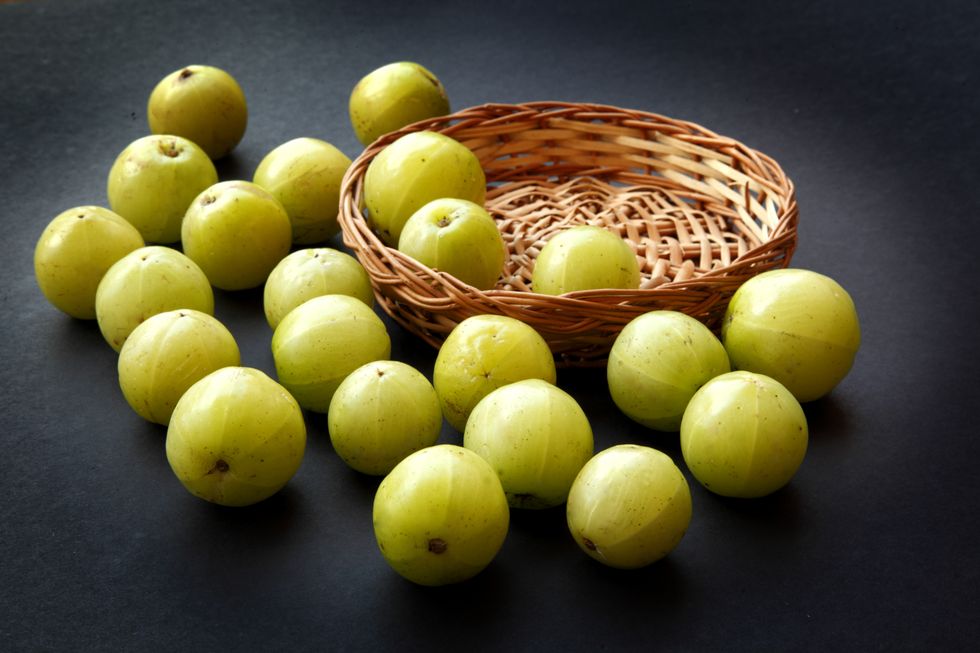Woman credits 'miracle' hair oil for unparalleled shine and softness – 'I stopped seeing split ends'

Hair professionals and models have endorsed the product for scalp health and hair texture improvement
Don't Miss
Most Read
Hair oiling is one of the best-kept secrets of beauty enthusiasts, offering a natural solution to different hair problems.
A standout option gaining attraction for soft and shiny hair is amla oil, derived from Indian gooseberries.
The traditional remedy is rich in vitamin C and antioxidants, which hair professionals endorse for its scalp and hair texture benefits.
A model named Kate Markowitz shared her success story with the oil on TikTok, labelling it a "miracle" for repairing heat damage from her five-year modelling career.

Kate mixes the Amla oil with olive oil before applying it
|TIKTOK
She mixes amla oil with olive oil as a hair mask, leaving it on for three hours before washing.
"It's so light and feels so hydrated. After I started doing this, I stopped seeing split ends," Kate reported.
"I also started styling my hair less because I feel like it made my natural curls look so much better. It’s not frizzy and it’s shiny."
She also noticed that her natural curls improved, looking more styled without the need to use excessive heat and products.
Based on expert advice and user testimonials, amla oil appears more effective when used as a weekly treatment rather than a daily application.
Head barber and founder at Fade Master of Miami, Vinicio Lario, told GB News that amla oil can be a "helpful addition to a hair routine, especially for clients experiencing mild hair thinning or scalp issues".
He noted that the oil's richness in vitamin C and antioxidants "helps support a healthy scalp environment - essential for optimal hair growth".
LATEST DEVELOPMENTS

The Amla fruit is bursting with different nutrients
|GETTY
It also offers great benefits for scalp health due to the plant's antimicrobial and anti-inflammatory properties, according to Vinicio. This makes it particularly useful for those with dandruff and a sensitive scalp.
The expert cautioned, however, that homemade amla formulations may not be standardised and may cause irritation or allergic reactions.
Unlike coconut oil, which better penetrates the hair shaft, or castor oil, which promotes thickness, amla oil is more focused on scalp stimulation and root nourishment.
For optimal results, Vinicio suggested "combining amla with coconut oil for both scalp and strand care".











